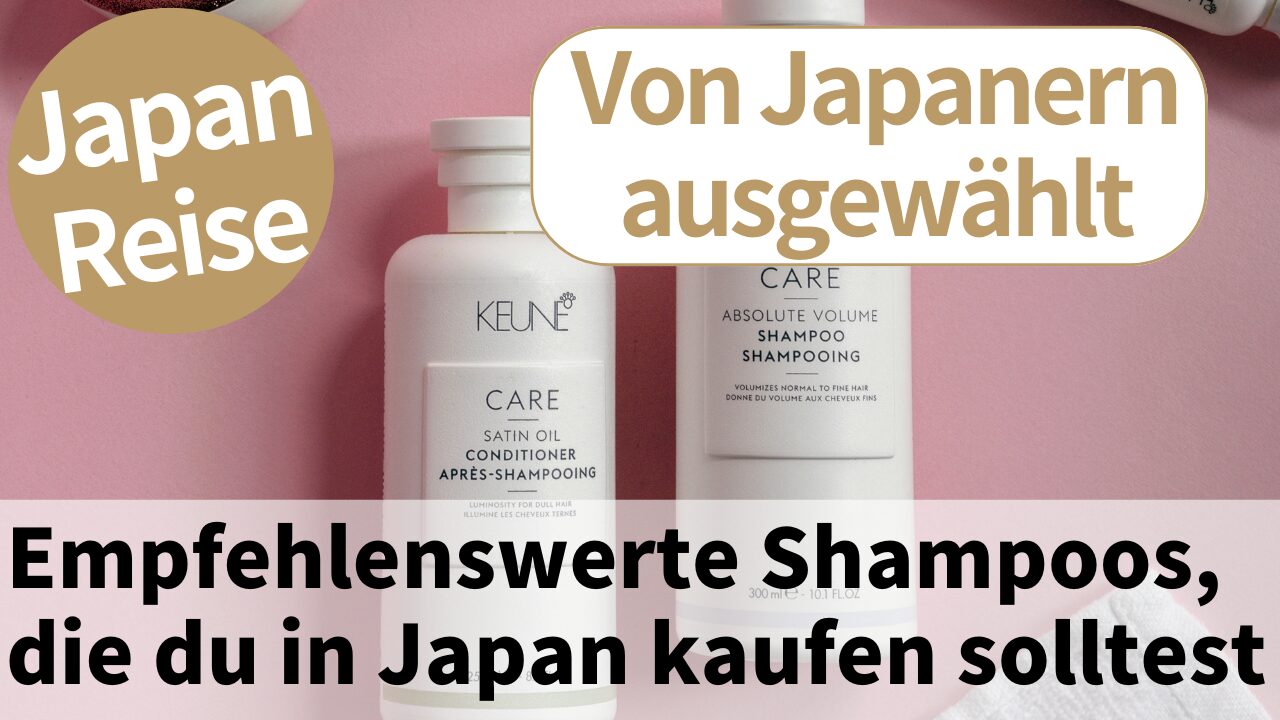Reisen Sie nach Japan und fragen sich, welche beliebten Shampoos Sie dort kaufen sollten?
Japanische Shampoos sind für ihre hohe Qualität, die Sanftheit zu Haar und Kopfhaut sowie ihren angenehmen Duft bekannt – und erfreuen sich daher großer Beliebtheit bei Reisenden aus aller Welt. Besonders in asiatischen Ländern gelten sie als beliebtes Mitbringsel. Kein Wunder also, dass man in Drogerien oder bei Don Quijote oft Touristen sieht, die mehrere Flaschen auf einmal kaufen.
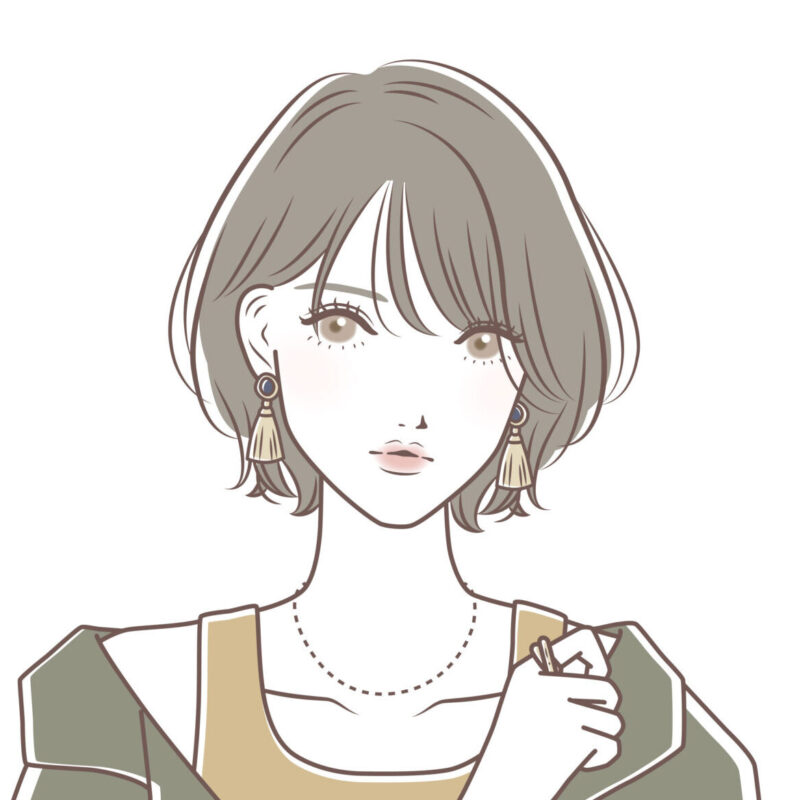
Zusätzlich geben wir Hinweise zu Kaufmöglichkeiten, Preisen und internationalen Bewertungen – perfekt zur Vorbereitung Ihrer Shoppingtour!
Worauf Sie beim Kauf japanischer Shampoos achten sollten
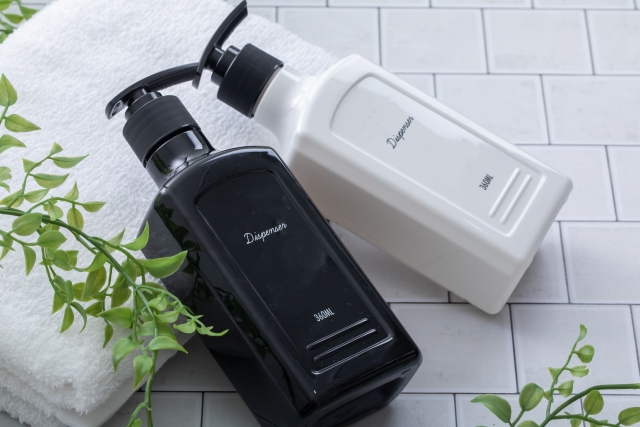
Die Auswahl an Shampoos in Japan ist riesig. Damit Sie das passende Produkt für sich finden, sollten Sie auf einige wichtige Punkte achten.
Wählen Sie Inhaltsstoffe passend zu Ihrem Haar- und Kopfhauttyp

Bei trockenem Haar oder Schuppenproblemen empfehlen sich feuchtigkeitsspendende Aminosäure-Shampoos oder Produkte mit pflanzlichen Ölen.
Fettige Kopfhaut hingegen profitiert von reinigenden Inhaltsstoffen wie Tonerde oder Menthol, die überschüssiges Öl entfernen.
Für empfindliche Haut sollten Sie zu Shampoos greifen, die frei von Alkohol und künstlichen Duftstoffen sind – ideal für sanfte Pflege.
Kennen Sie die Unterschiede: silikonfrei, organisch oder aminobasiert
Japanische Produkte tragen oft Begriffe wie „silikonfrei“, „organisch“ oder „aminosäurebasiert“.
Silikonfreie Shampoos hinterlassen weniger Rückstände auf Haar und Kopfhaut und sorgen für ein luftiges Finish.
Organische Varianten setzen auf natürliche Inhaltsstoffe und sind besonders beliebt bei Menschen mit empfindlicher Haut.
Aminosäurebasierte Shampoos reinigen schonend und gründlich zugleich – ideal für die tägliche Pflege.
Design und Duft sind ebenfalls entscheidend
Japanische Shampoos überzeugen nicht nur durch ihre Inhaltsstoffe, sondern auch durch ansprechende Flakons und Düfte.
Beliebt sind japanische Noten wie Kirschblüte, Yuzu, Kräuter oder Rose – perfekt als Geschenk oder für den Social-Media-Post.

Top 10 Recommended Japanese Shampoos
Ichikami
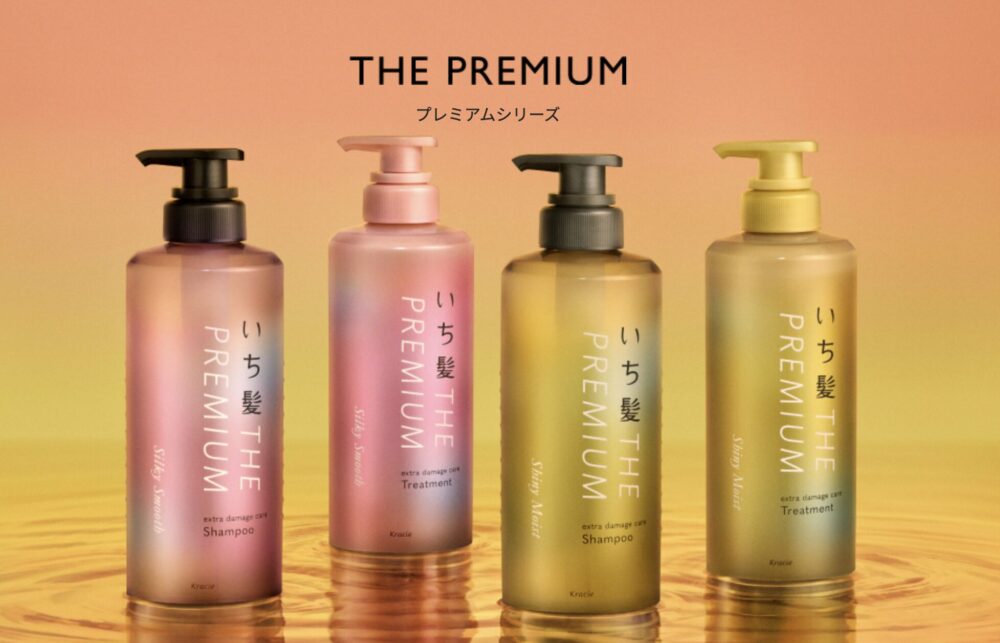
Price range: ¥600–¥800 / 480mL
Where to buy: Drugstores, Don Quijote
Ichikami features a traditional Japanese herbal formula using natural plant-based ingredients like fermented rice bran extract, sakura blossom extract, and camellia oil. It helps repair damage from coloring and heat styling from deep within.

Its sakura-based fragrance is also a hit with international visitors, who love its distinctly “Japanese” soothing aroma.
TSUBAKI
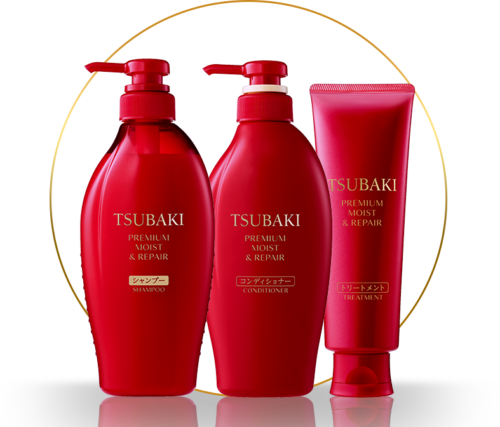
Price range: ¥900–¥1,200 / 490mL
Where to buy: Drugstores, Don Quijote
Made by Shiseido, TSUBAKI contains high concentrations of beauty ingredients like camellia oil, royal jelly, and soy protein. These ingredients deeply hydrate and nourish the hair, resulting in glossy, resilient strands.
It comes in two types—Moist and Smooth—and is especially recommended for very dry, frizzy, or hard-to-manage hair.

&honey
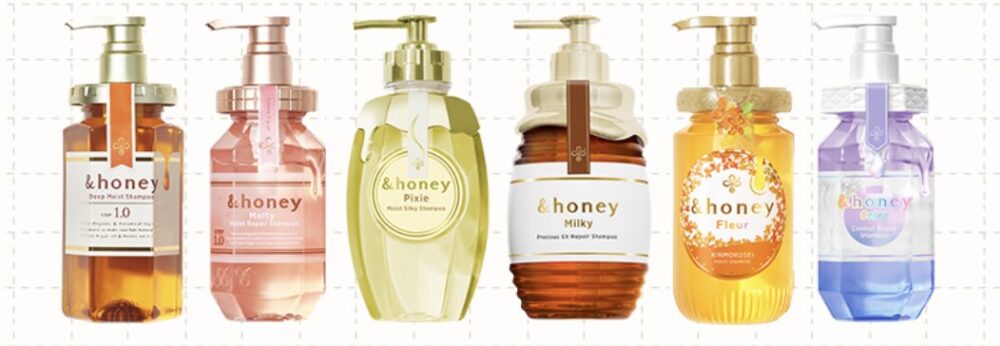
Price range: ¥1,400–¥1,600 / 440mL
Where to buy: Drugstores, Don Quijote
&honey is known for its ultra-moisturizing formula, with over 90% of its contents made up of hydrating and protective ingredients. It aims to keep hair moisture at 14%, the ideal level for healthy shine.
It contains three types of honey—Manuka, Acacia, and Japanese honey—along with Moroccan oil and propolis extract.

Available in multiple series such as Moist, Smooth, and Deep Moist, with a signature sweet honey rose fragrance.
BOTANIST
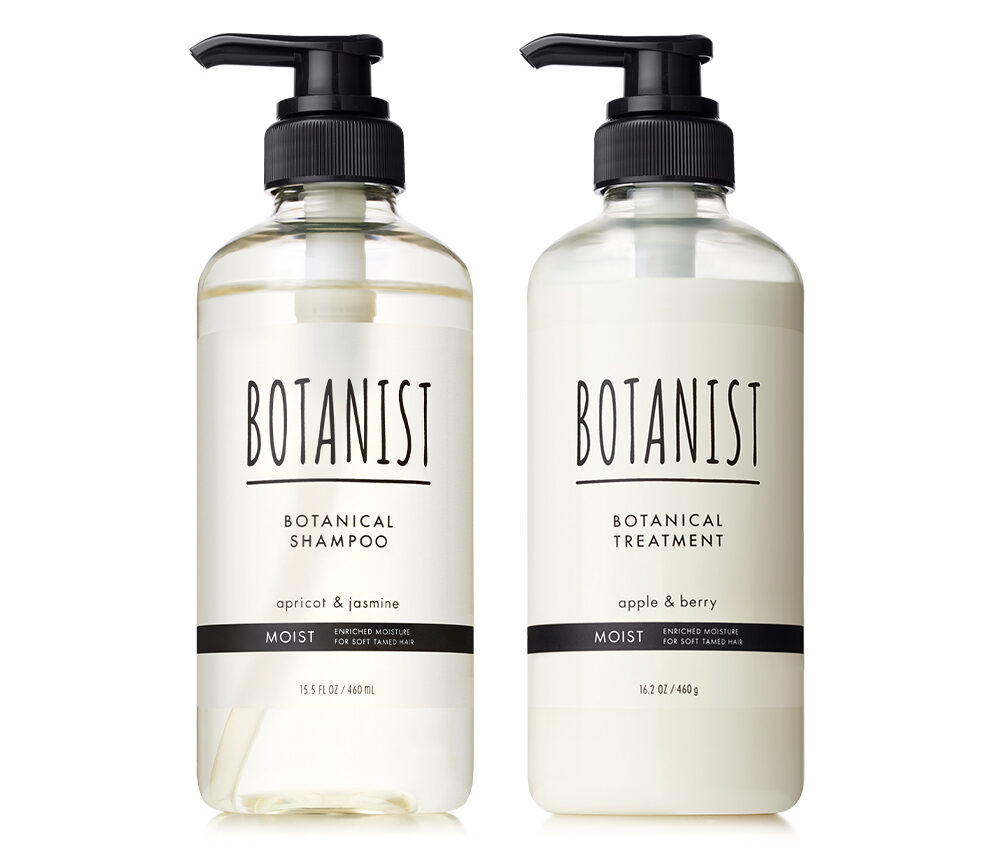
Price range: ¥1,400–¥1,600 / 440mL
Where to buy: Drugstores, Don Quijote
BOTANIST uses over 90% plant-derived ingredients in its botanical formula. Free from silicones, parabens, and artificial colors, it’s based on gentle amino acid cleansing agents that are scalp-friendly.
Options include Moist, Smooth, and Scalp types, catering to issues like frizz, puffiness, or flat hair.

MUJI Shampoo
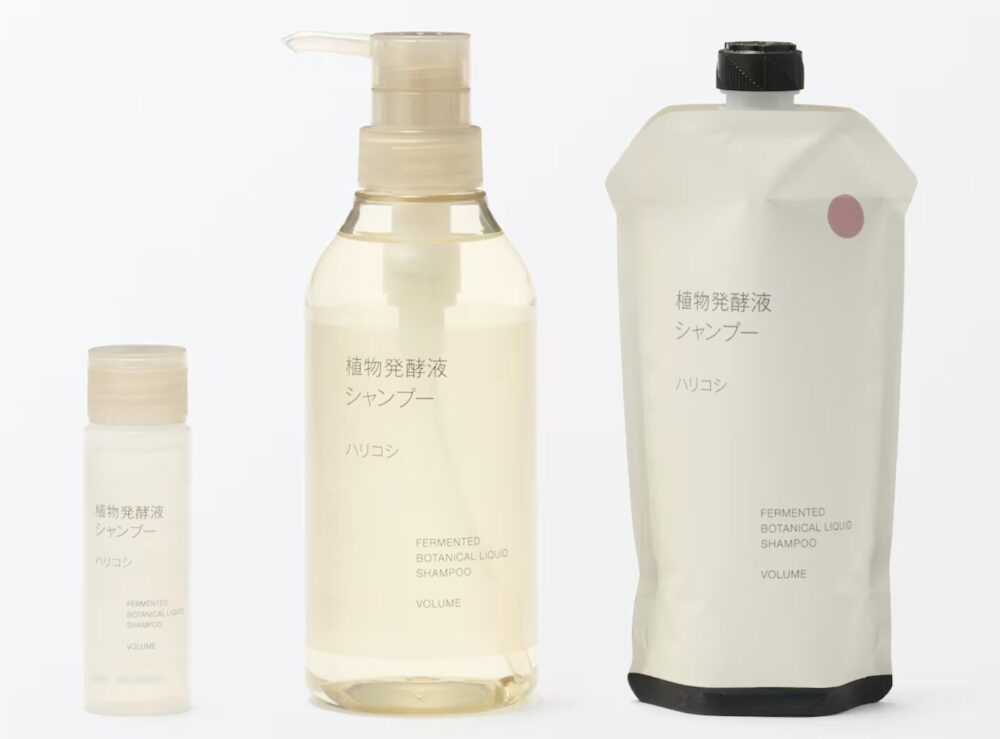
Price range: ¥790–¥990 / 340mL
Where to buy: MUJI stores nationwide
MUJI’s shampoo lineup focuses on simple formulas with minimal additives or artificial fragrances. It uses gentle amino acid cleansers combined with plant-based moisturizers like jojoba seed oil and aloe vera extract.

Available in fragrance-free and citrus varieties. Refills are also available, and the brand’s eco-conscious design is a bonus.
OSAJI
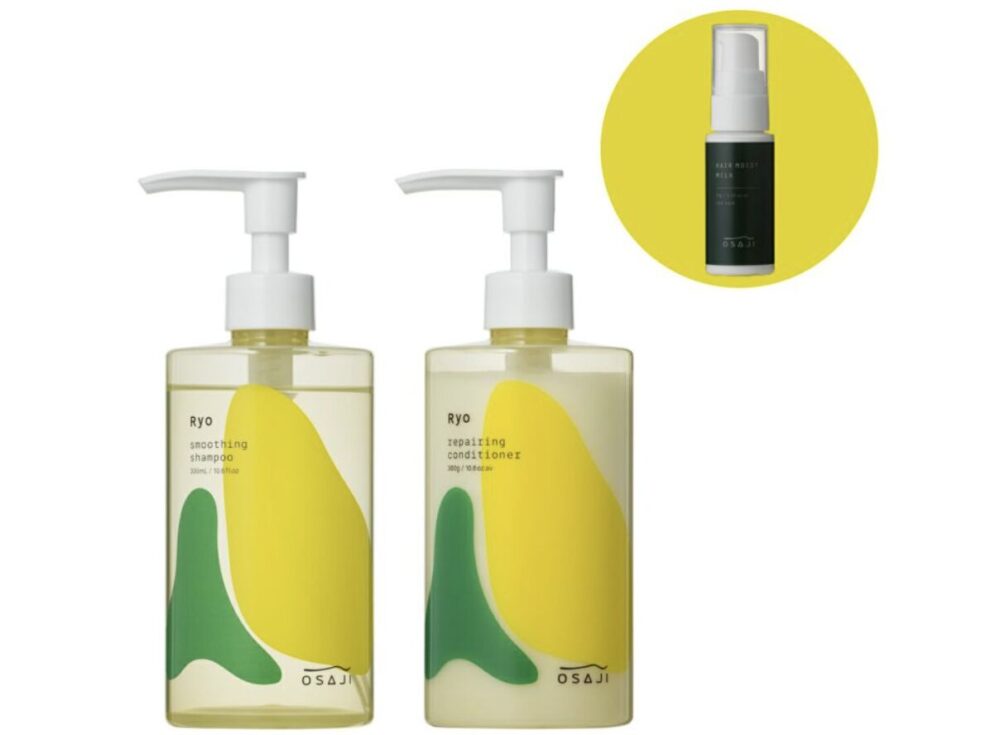
Price: ¥2,420 / 300mL
Where to buy: Department stores
OSAJI is a Japanese skincare brand developed from sensitive skin research, and its haircare line reflects the same gentle philosophy. It uses amino acid-based cleansers and plant-derived moisturizers to gently cleanse and hydrate both scalp and hair.
Fragrance options like “IKOI” (calm) and “SOU” (clarity) use natural essential oils, making this ideal for those who prefer natural scents or have sensitivity to synthetic fragrances.
napla N.
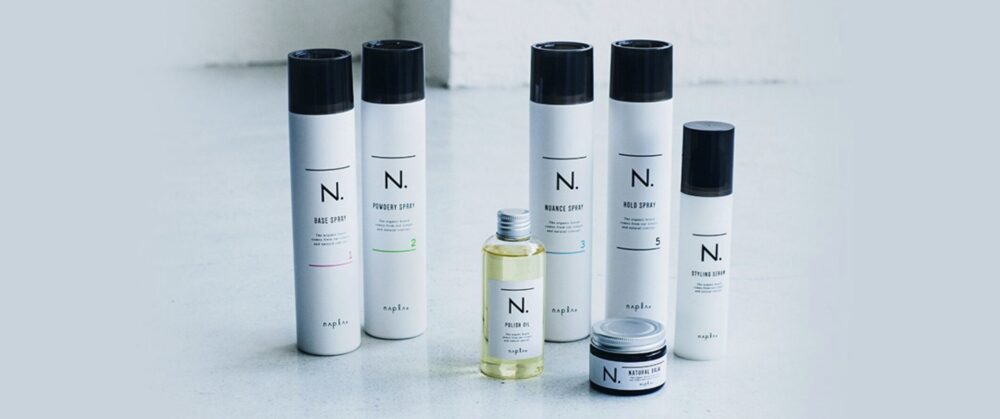
Price: ¥3,300 / 300mL
Where to buy: Salons
N. (pronounced “En Dot”) is a professional-grade shampoo used in salons, designed to recreate the soft, glossy finish of a salon treatment. It contains hydrolyzed keratin, shea butter, and herbal extracts that penetrate deep into damaged hair to restore strength and texture.
With a fresh citrus-herbal fragrance, it’s especially recommended for those who frequently use hot tools or color treatments.
HIMAWARI
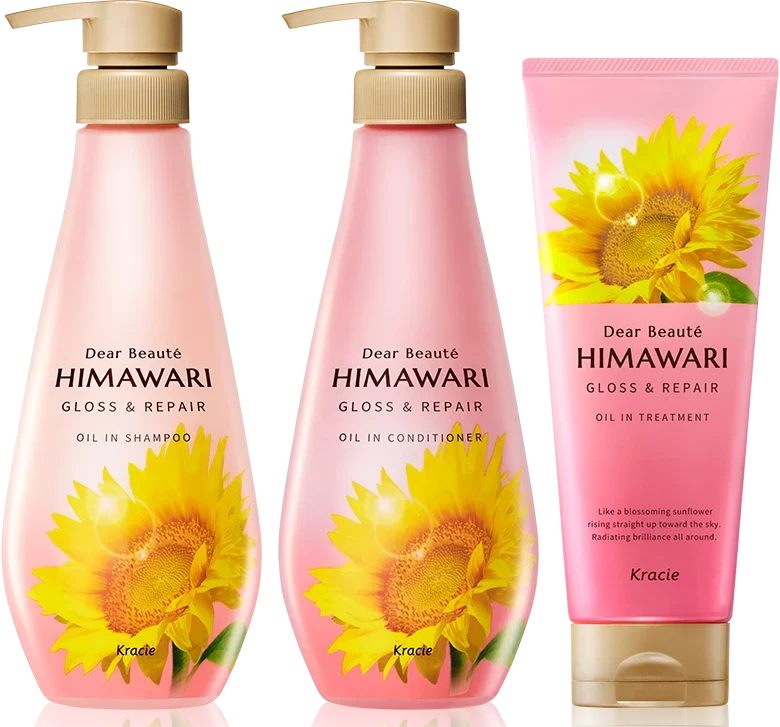
Price: ¥900–¥1,000 / 500mL
Where to buy: Drugstores, Don Quijote
Kracie’s HIMAWARI line features a unique formula designed to combat frizz, waves, and puffiness caused by hair distortion. It contains sunflower seed oil and amino acid-based cleansers to smooth out unruly hair affected by humidity or dryness.
With its bright, floral scent and easy-to-use texture, it’s a crowd-pleasing option for everyday care.
LUX
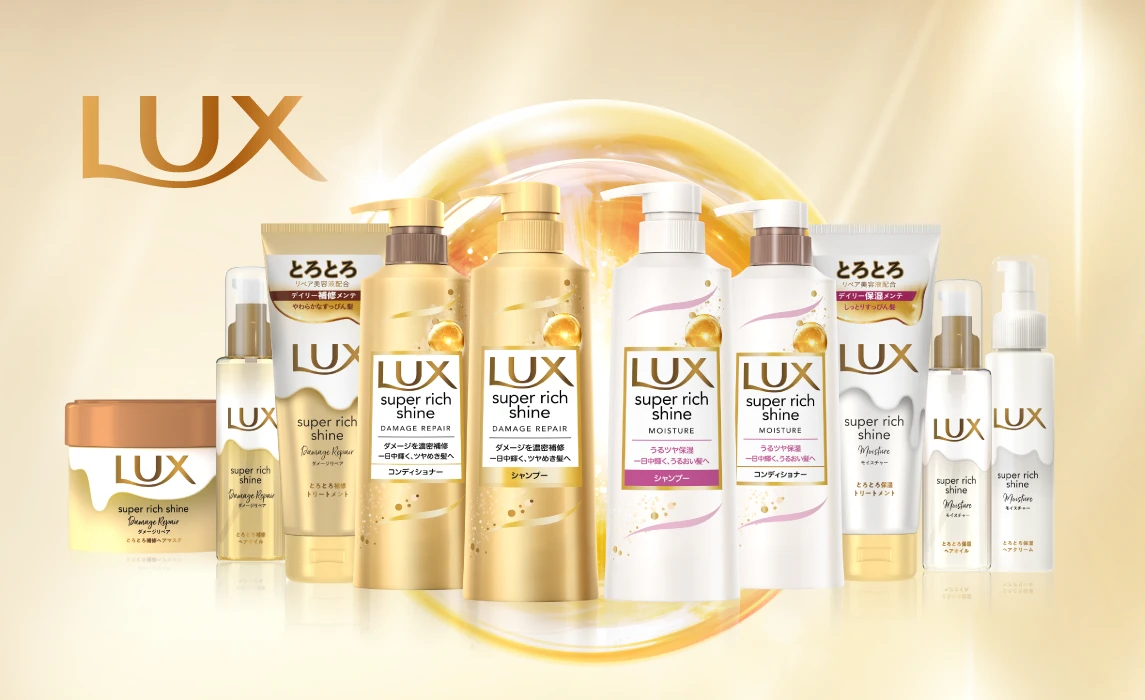
Price: ¥900–¥1,200 / 450g
Where to buy: Drugstores, Don Quijote
LUX Luminique is a non-silicone shampoo line that delivers salon-quality results with a luxurious fragrance. Infused with ingredients like argan oil and keratin, it leaves hair smooth and shiny without weighing it down.
Its scent is inspired by high-end perfumes, making it the perfect choice for those who prioritize fragrance in their haircare.
COTA
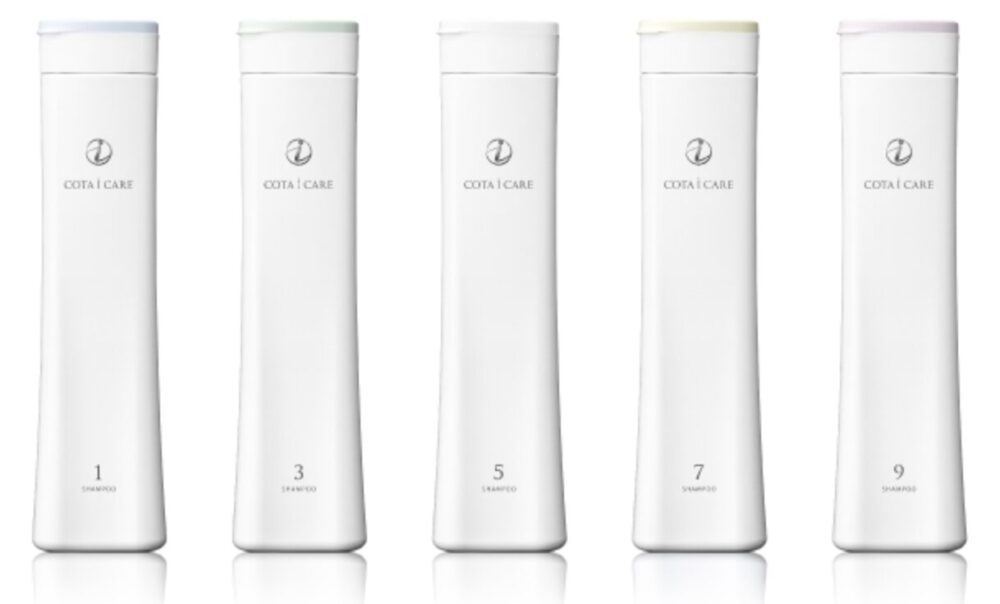
Price: ¥2,500–¥4,000 / 250mL–600mL
Where to buy: Salons
COTA i CARE Shampoo is a salon-exclusive line designed with a blend of anionic and amphoteric surfactants, offering a gentle yet effective cleanse while preventing tangling.
It also contains arginine for added moisture and repair. Available in five fragrance types (herbal, floral, etc.), it’s tailored to a wide range of hair types—from fine to coarse, frizzy to flat—making it a versatile and customized haircare solution.
Where to Buy Shampoo in Japan: 4 Recommended Spots for Travelers
Japanese shampoos are available in many locations, but the most convenient places for tourists to shop are relatively limited. Here are four easily accessible spots where you can find popular products—perfectly located along major sightseeing routes.
Major Drugstores

Drugstores are everywhere in Japan and known for their affordable prices and wide selection of hair care products.

You’ll find branches near major train stations and tourist areas, so it’s easy to pick something up even if you forget earlier.
Supermarkets and Department Stores
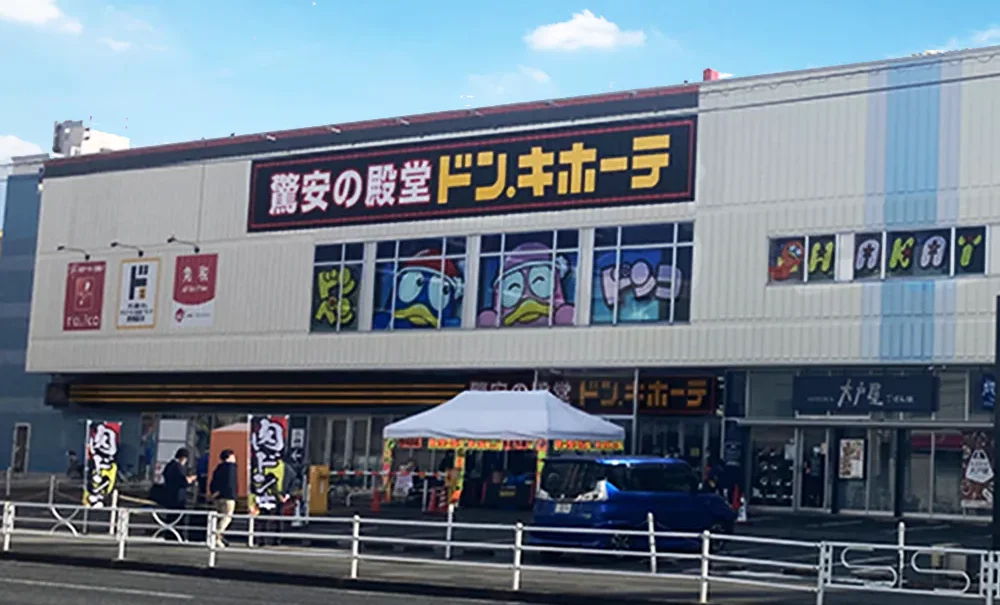
If you want to stock up while shopping for souvenirs or shop late at night, Don Quijote is ideal.

If you’re looking for stylish packaging or limited-edition designs, LOFT and PLAZA are great options. They’re perfect for gift shopping with a visual flair.
Airport Duty-Free Shops

If you suddenly realize at the end of your trip that you forgot to buy shampoo, airport duty-free shops are a convenient fallback. Brands like Shiseido, LUX, and TSUBAKI are usually in stock.

To avoid disappointment, it’s best to check inventory or reserve in advance via the Japan Duty Free website.
Frequently Asked Questions About Japanese Shampoo
Q. Can I use Japanese shampoo overseas?
Yes, Japanese shampoos can generally be used without any issues in other countries.

In particular, soft vs. hard water can affect how the shampoo performs. For hard water areas, we recommend amino acid-based or rich-lather formulas. Also, when flying, remember that liquids must be under 100mL for carry-on.
Q. The label is only in Japanese—can I still use it correctly?
These days, many popular brands include English instructions on the back of the bottle or on official websites.
Product pages on Amazon Japan and Rakuten also offer user reviews and usage guides in multiple languages.
When in doubt, it’s easy to recognize by labeling—“SHAMPOO” for shampoo, “TREATMENT” for conditioner—or by color-coding on the packaging.
Q. I’m not sure which one suits my hair type…

- Dry & frizzy → &honey / BOTANIST Moist
- Frizzy or wavy → HIMAWARI (Frizz Control)
- Sensitive scalp → OSAJI / MUJI
- Shine & repair → TSUBAKI / napla N.
If you’re unsure, try a trial set or mini size. Many people test them during their trip and order full-sized versions online once they’re back home.
Final Thoughts
Japanese shampoos are beloved by travelers worldwide for their gentle ingredients, pleasing fragrances, elegant packaging, and product ranges tailored to various hair types.
They’re easy to pick up at drugstores or specialty shops, and with many travel-size options and gift sets available, they also make great souvenirs. Use our top 10 recommendations to find the perfect bottle—for yourself or someone special.


